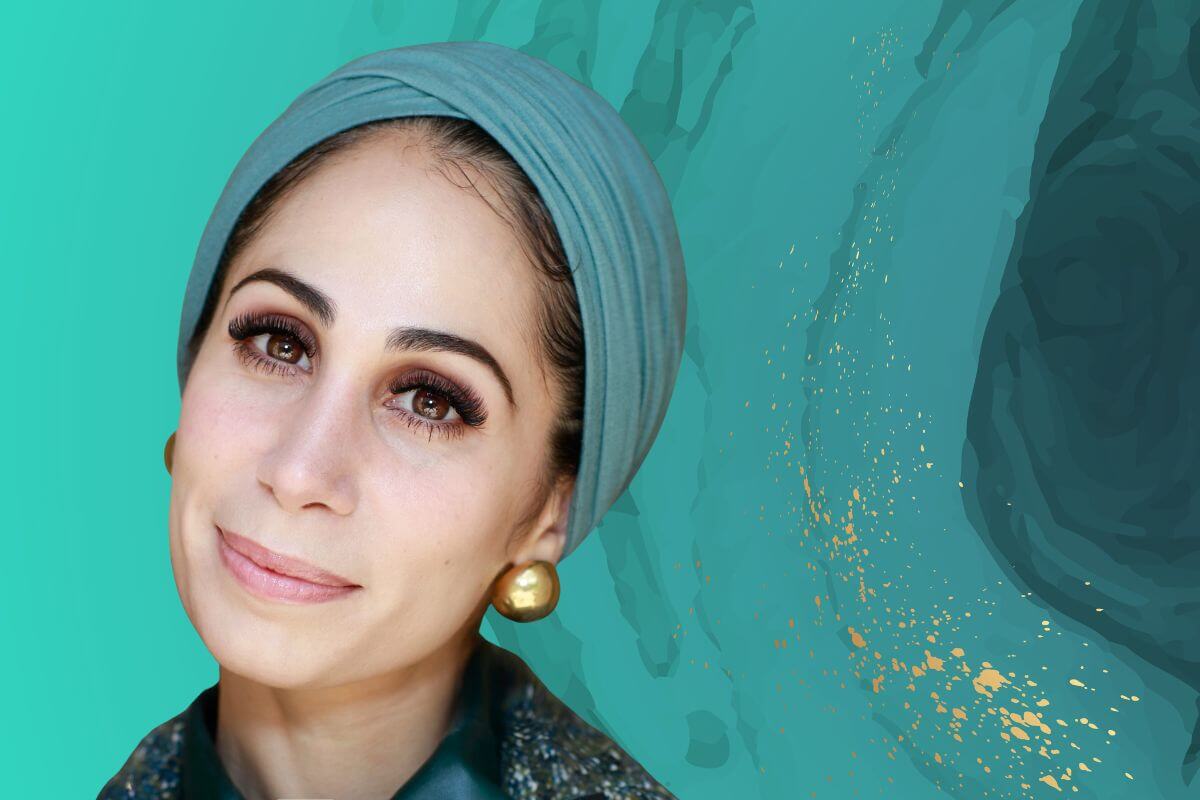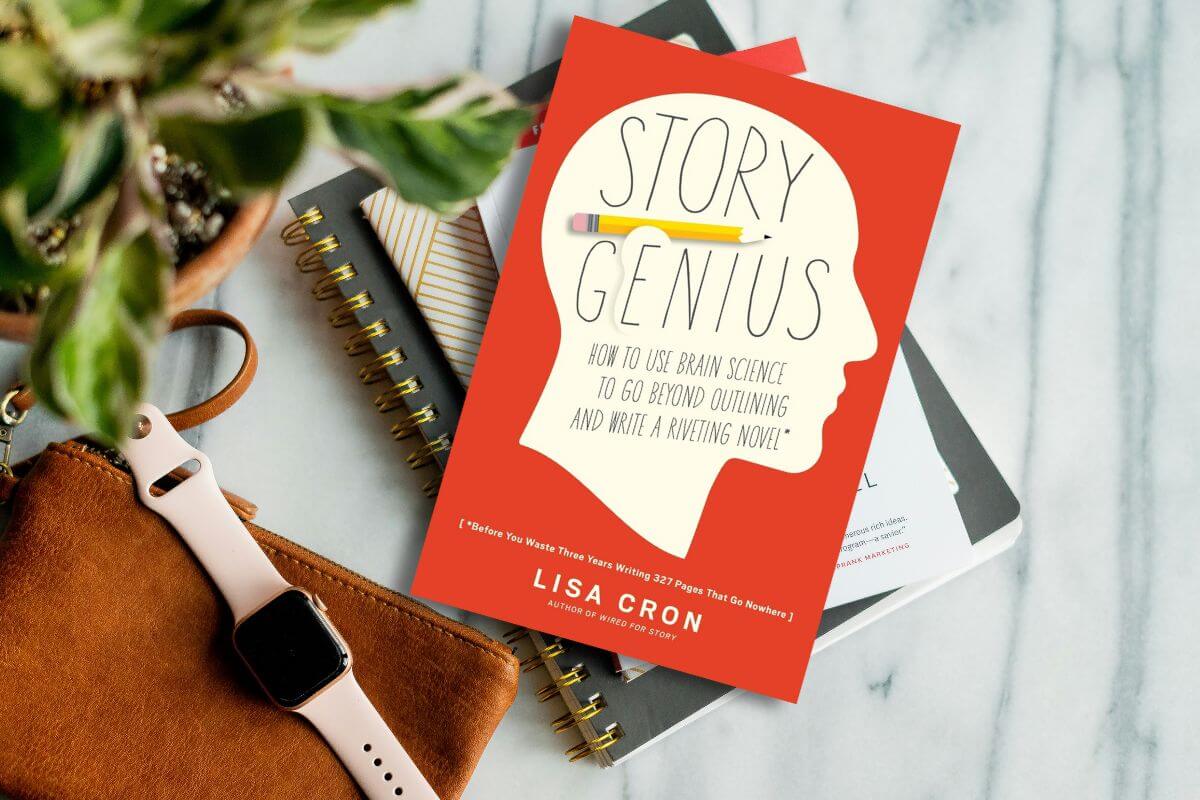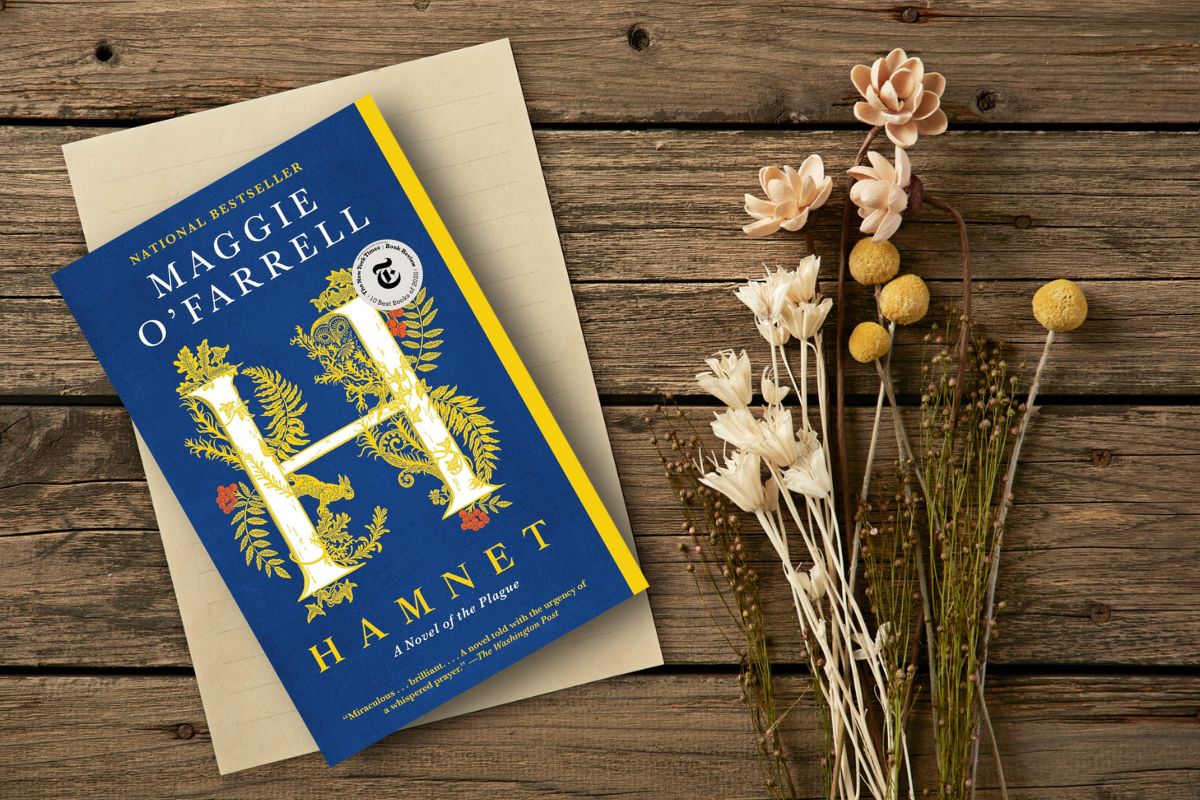Tahereh Mafi, the bestselling author of Shatter Me, is best known for her incredible contributions to the YA genre. In Mafi’s novel, A Very Large Expanse of Sea, she took a step away from her normal teen dystopian thriller and tackled a highly controversial topic: Muslim-American relations. In 2024, readers can get excited about book three in her This Woven Kingdom series. With such sweeping success, we can all learn from the lessons that got Mafi here. So, we’ve collected some of the author’s best interview moments that provide advice any writer can apply to their own careers.
On Creating A Relatable Character
During an interview with Seventeen, Mafi explained why she wrote a story about a girl who couldn’t touch anyone and the loneliness that comes with it:
“Seventeen: What appealed to you about creating a character that can’t touch anyone?
TM: Nothing at all. It’s a fairly terrible thing, I think, not being able to touch anyone. But I do think that the isolation and alienation Juliette experiences is something that many teens (and adults) are able to relate to. We all feel a bit cast off and misunderstood, sometimes; like there might be something about us that sets us apart from our peers. Juliette’s affliction takes that idea to an extreme.”
Mafi was able to take a common human experience (isolation and alienation) and create a literal attribute around it in her character. This made her MC a walking, talking, autonomous representation of an emotion every person has experienced.
Why She Writes Young Adult Novels
Tahereh believes popularity in the young adult genre is due to the way humans experience their “firsts.” YA novels often take you back to the most monumental moments of your life. Read more from her interview with the Los Angeles Times:
“A lot of people ask why are so many people reading young adult fiction today — I really think it has everything to do with that experience of firsts. Nothing is quite as potent as experiencing life as a teenager. Everything is either the worst thing that’s ever happened to you or the best thing that’s ever happened to you. You’re on a high. You’re exhilarated constantly. You’re either so sad you’ve never been so sad in your life, or so excited and happy you don’t even know how to describe it. Your first kiss, first any kind of romantic encounter, your first driving experience, your first vacation, your first betrayal, your first everything. … Every person, no matter how old you are, remembers what it’s like to be 16. No one forgets that. You never forget what your first kiss was. You never forget your first big experiences in life.”
Whether you’re writing young adult or a coming of age tale, it’s important that you do your best to place yourself in the shoes of the younger you. Seeing things for the first time, experiencing the world through all the innocent, naive and pure glory of youth.
On the Evolution of Her Characters
While discussing details about her Shatter Me series with The Tempest, Mafi went into detail about what she was trying to achieve by writing her bestselling young adult series:
“The entire series revolves around the evolution of a timid girl on her path to becoming a strong, independent young woman. Juliette, the main character, starts out as a kind of skittish, broken animal in “Shatter Me;” when we meet her she’s weak beyond words – on the brink of insanity – but as the series evolves, so too does she. Her metamorphosis over the course of the three books teaches her to love herself with or without the validation of others. It is, at its core, a story about a girl trying to find herself in a world trying to tell her who to be.”
Whether you’re writing a stand alone novel or a series, it’s important to always think about your character’s evolution. Who they start out as shouldn’t be the same person that remains at the end. They have lessons to learn, challenges to face and decisions to make. Each chapter–even each scene– should be progressing towards a change in your main character (good or bad).
The First Time She Truly Felt Like A Writer
Authors are often asked about the moment they officially felt like a writer. While talking about her career with Seventeen, Tahereh Mafi let them in on that crucial moment that signified she had chosen the right career path:
“I’ve been a lifelong reader, but I never thought I could write a book — I never thought I was capable of accomplishing something so monumental as writing a novel. It wasn’t until after I graduated from college — about 2 years ago — that I dove back into the world of fiction and wondered if I might be able to try writing something for myself. I fell in love pretty instantly, and never looked back.”
Every writer, no matter how accomplished they may be, starts out writing a book as an amateur. The journey is full of self-doubt, uncertainty and painful learning curves. Looking at the end result of someone’s publishing experience never paints the full picture. We all start out in the same place.
On Remaining a Reader
During an interview with the Los Angeles Times, Tahereh Mafi dove into what it’s like to hold onto the experience of being a reader and the ways in which it shaped her writing:
“At the end of the day, I think I identify much more as a reader than I do a writer. Because I spent the majority of my life reading books, not writing them. So I understand so well what it’s like to be impassioned by a novel.”
It can be easy for authors to get in the headspace of the writer world. Filled with editing, publishing and deadlines. Never forget thought that the reader is the most important person in the process. Remember what it is like to read for pleasure. How a book can change a life. The way characters become real people when given the time and attention. Finding readers is the ultimate goal. And to do that, you have to keep in mind what makes people fall in love with books.














Leave A Comment